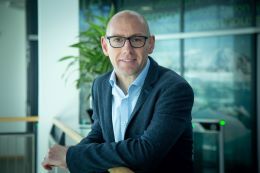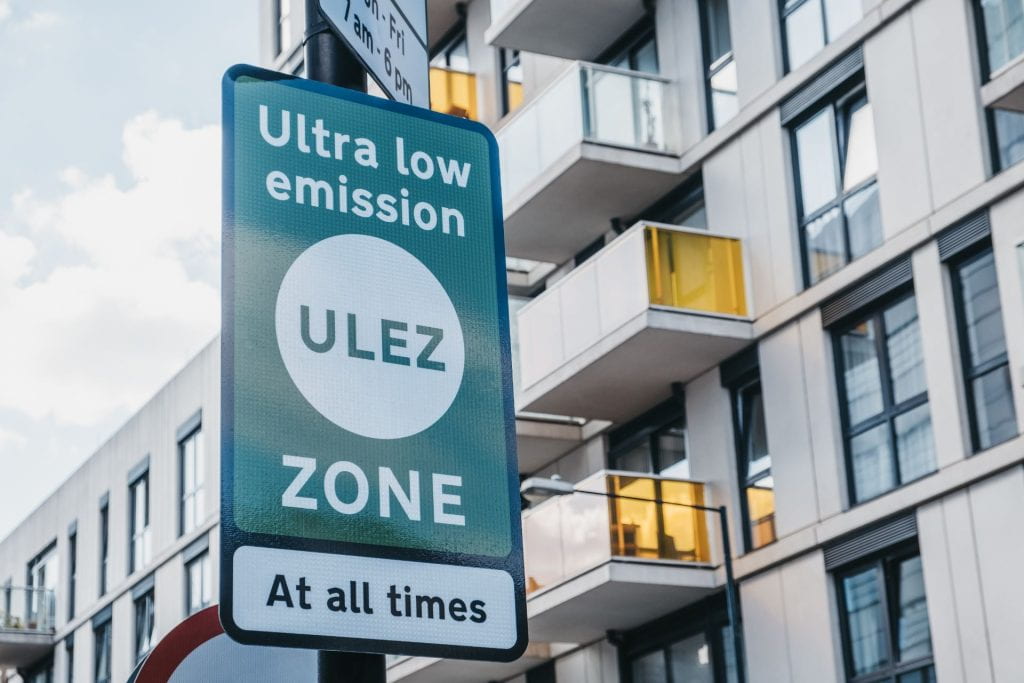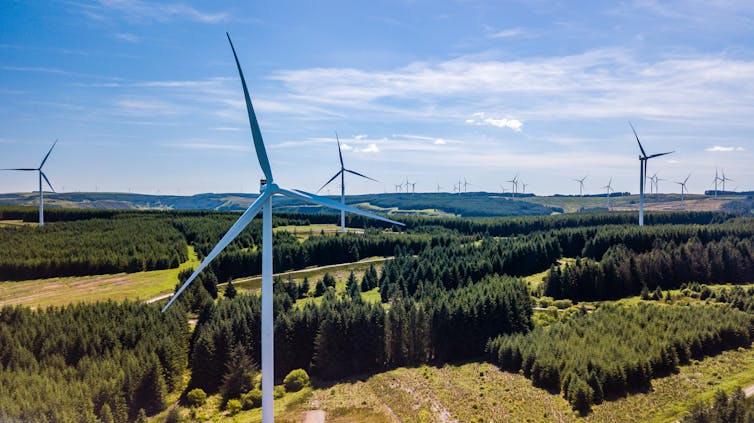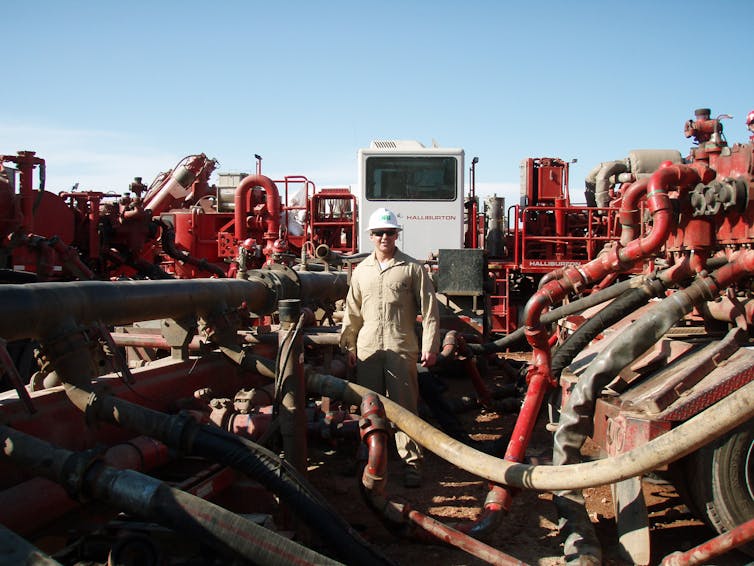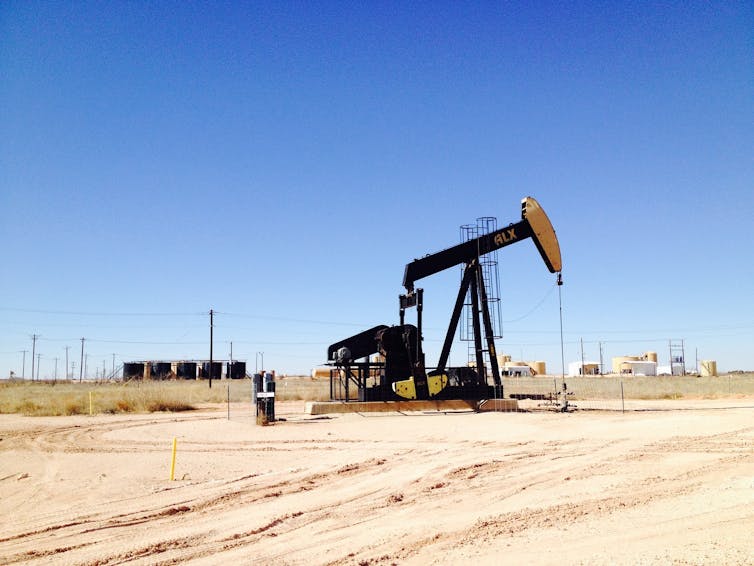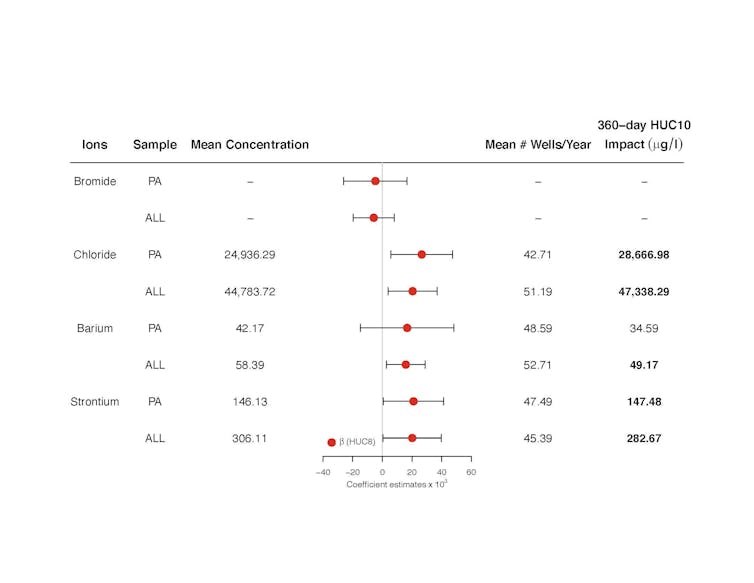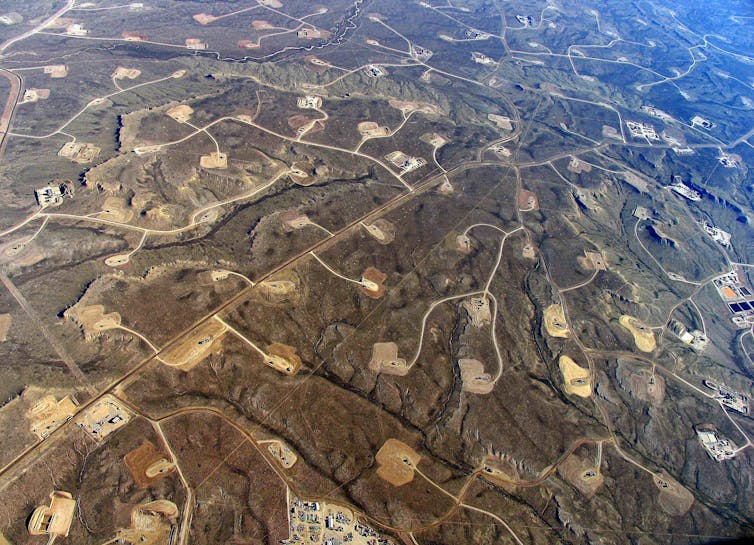
The UK Green Jobs Taskforce has called for new policies to build pathways into “good, green careers” for young people and a just transition for workers in carbon-heavy jobs. Skills development is central to this: providing school leavers with new opportunities and supporting older workers to find an off-ramp from jobs that may be phased out in the future.
‘Green skills gaps’ hinder climate action: more workers are needed to retrofit buildings and build green infrastructure . UK Chancellor Rachel Reeves, in the 2024 autumn budget, pledged £3.4bn for the warm homes plan to upgrade buildings and lower energy bills alongside building new homes, the creation of Great British Energy and investing in EVs. Workers are needed to do so.
Beyond specific new roles and skillsets, one in five jobs in the UK will experience some change to the skills required. Such ‘green’ skills can be understood as ‘future’ or ‘resilient’ skills: training that allows people to have long-term job security rooted in policies to achieve net zero by 2050.
As the Local Government Association has argued, while the role of local authorities remains unclear, devolved decision-making for green skills allows provision to be place-based and locally driven, responding to the needs and opportunities in different communities.
In our recent work, supported by the Cabot Institute for the Environment and Policy Bristol through What Works funding from Research England, we have worked to foreground these national discussions of green skills in the context of Bristol and the neighbourhood of Lawrence Weston.
Why green skills matter in (Bristol and) Lawrence Weston In 2022, Bristol City Council launched the 20 year Bristol City Leap programme, partnering with Ameresco to accelerate city decarbonisation. One of the initiative’s ambitions is to create at least 1000 local jobs. This creates an opportunity: to both create new green jobs and to ensure they are shared equitably across Bristol – benefiting those who need them most.
We focus here on Lawrence Weston, a post-war housing estate and home to 7,000 people on the north-west outskirts of Bristol, where deprivation levels are some of the highest in Bristol and the UK. The area is home to Ambition Lawrence Weston (ALW) a resident-led group formed in 2012 working to make the neighbourhood a better place to live, and achieving national fame with their building of a community-owned onshore wind turbine in 2022.
Lawrence Weston has primary and secondary schools but further education colleges offering skills, trade or vocational training require residents to travel across the city or beyond. ALW have recently moved into a new community hub ‘Ambition House’ and hope to, among many other services, host new green skills opportunities for the local community, providing many in the area with a local opportunity for new skills and qualifications and helping address current barriers to post-secondary education in the community.
Co-devising green skills approaches
Community spaces and organisations can be a key space for green skills development. They can provide launchpad sites for skills offerings, taster sessions, or short courses. Whilst employers may re-skill workers in the workplace, localised skills offering can reach those who may otherwise struggle to engage: increasing accessibility by bringing new opportunities directly to the community.
Over the past year, we have worked with Ambition Lawrence Weston and other partners to understand green skills needs in Bristol, and the barriers to gaining those skills and accessing new jobs – particularly in the context of Lawrence Weston. To do so, we teamed up with the Civic University Agreement team to bring together key stakeholders in local and regional government, further and higher education, and ‘green’ sectors to understand what should happen in this space – and how to make it happen.
We held two workshops – in June and October 2024 – to co-develop new green skills approaches in Bristol and, with it, to position Lawrence Weston as a key space in which to pilot and develop such initiatives.
What we found and why it matters
Place-based approaches are important as they allow us to meet people where they are and understand how different circumstances define potential take-up and engagement. Jobs and skills policy will need to engage various groups in different ways, these include school-leavers, those not in education, employment or training (who would benefit from new, resilient career pathways), and people already working, who may need to update professional skills.
These people are characterised by diverse experiences and needs but many shared barriers can be found. These include:
- Physical accessibility, linked to travel distances and costs and lack of affordable public transport.
- Lack of confidence to engage due to language and other barriers
- Financial factors, with a cost-of-living crisis creating pressing, significant financial pressures that create an ‘earn or learn’ equation.
- Lack of awareness of local opportunities – and how this varies in different neighbourhoods.
- Overlapping with the above, the time required to train – linked to travel distances, the timing of sessions, caring responsibilities, and the need to continue earning.
To overcome these barriers, a place-based green skills approach must:
- Understand how these factors interact with more subjective barriers – such as a lack of aspiration or confidence in working in emergent sectors and careers or in learning new skills. Key here is engaging with young people early – even as early as primary school – to signal what these new jobs are and how they are available to all.
- Be guided by employers of all sizes to identify the skills pathways required: people need to be able to enrol in a course safe in the knowledge that these skills learned will be needed and valued for many years into the future.
- Provide financial support: a key solution is in funded training schemes where workers are ‘paid to learn’: be it through reimbursement for lost work, paying travel costs, and/or providing meals. In Wales, the Personal Learning Accounts scheme provides financial support to study new skills and qualifications, including skills in net zero and green technologies.
- Include ‘softer’ skills to support business development and growth. This is to support those working for or managing smaller businesses to link into established supply chains, bid for certain ‘green’ work, and build confidence in these new industries and trades. Ideas here include providing mentors and career champions, hosting job fairs and information sessions, and working with Skills Connect careers guidance materials.
Labour’s budget may give clarity on what skills will be required yet certainty is needed locally: through both financial support and clearer direction on how these skills can be accessed.
Green skills gaps require locally-led solutions. In our work, we are getting closer. Our next steps included working with schools and careers advisors to create materials that move beyond boosting awareness and towards showing young people routes into new green jobs and continuing to work to get green skills into Lawrence Weston soon.
Doing so ensures that the future of ‘green’ education can empower people as much as it can decarbonise the city around them.
—————————————
This blog is written by Cabot Institute for the Environment members Drs Ed Atkins (Geographical Sciences) and Caroline Bird (Computer Science).




